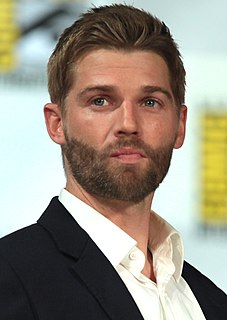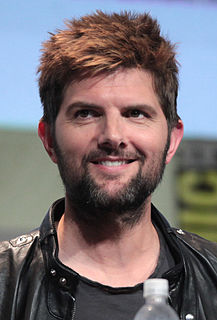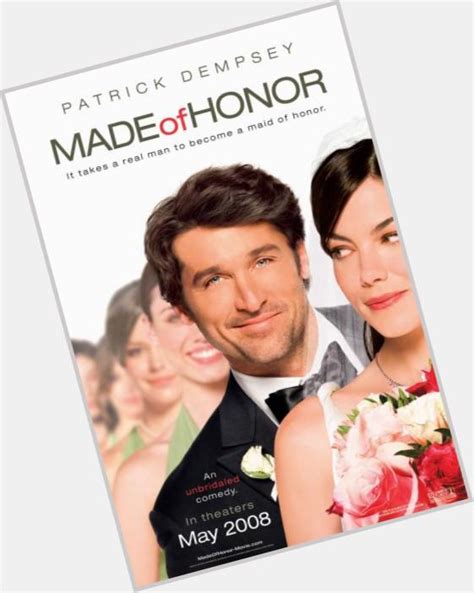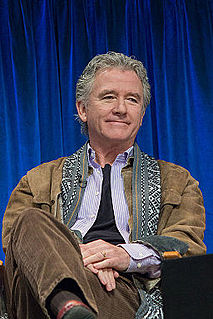A Quote by Alex Kurtzman
I think what people watch television for is the emotional continuity, from episode to episode, and feeling that the experience that they had, four episodes ago, has actually been building to an episode that comes later, and knowing that the characters are growing, as a result of that, and making mistakes, is really, really important to the way people connect to television.
Related Quotes
We do want the freedom to move scenes from episode to episode to episode. And we do want the freedom to move writing from episode to episode to episode, because as it starts to come in and as you start to look at it as a five-hour movie just like you would in a two-hour movie, move a scene from the first 30 minutes to maybe 50 minutes in. In a streaming series, you would now be in a different episode. It's so complicated, and we're so still using the rules that were built for episodic television that we're really trying to figure it out.
I was talking to Shonda Rhimes the other day and I said, "I. Do. Not. Know. How. You. Do. This." While we're writing episode 10, episode 6 is shooting, episode 3 is in the edit, and episode 2 is in its color session...You've got seven episodes in different parts! It's a wild, wild, wild ride, which I thoroughly enjoyed. It was badass and amazing.
The one thing that we wanted to make sure in the pilot [of "Mary and Jane"] is that we could go everywhere. Part of the fun of them being a delivery service is that they go to different areas episode to episode. We do have an episode in the beach and there is an episode in the luxury rehab. It's all different kinds of things we are making fun of in LA.
The last episode of Dallas was in '1991.' Unfortunately, it was a terrible episode to end the show on: it was a sort of 'It's a Wonderful Life' with Larry as the Jimmy Stewart character. In that episode, I was an ineffectual-schlep kind of brother, who got divorced three or four times and was a Las Vegas reject.
I always thought it would be funny to have the Parents Television Council write an episode of 'Family Guy' and give them full creative control. Then see how good the episode is. That's something we've actually discussed in the writers' room. We haven't proposed it yet, but if somebody from the PTC reads this, it might be worth discussing.
When we came to the network, it was a very interesting time where Portlandia had just come on the air and had been very, very successful. I think people had Portlandia-sized expectations for Comedy Bang! Bang!, especially after the first episode was sampled by quite a large number of people. I remember getting the ratings after the first episode, and the network was over the moon about it. And then the second episode tanked so hard. Like, no one watched it. It was a resounding, "Hey, a bunch of people tried your show, and they all hate it!"





































